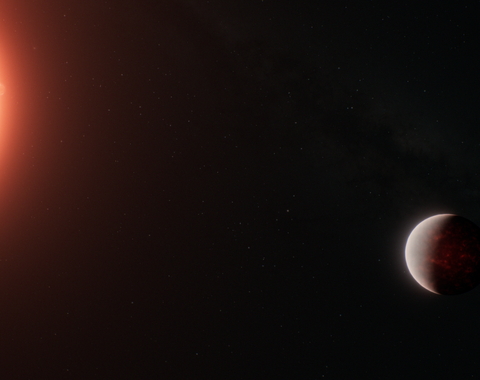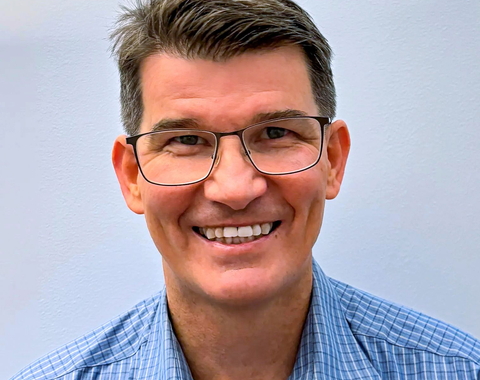Washington, DC—Earth and Planets Laboratory Director Michael Walter, an experimental petrologist who studies deep-Earth minerals and melts to elucidate the formation and evolution of our planet’s dynamic interior, will be honored with the American Geophysical Union’s Normal L. Bowen Award at the organization’s annual Fall Meeting in December. The Bowen prize is the top recognition for a scientist in AGU’s Volcanology, Geochemistry and Petrology section. It presented each year to an individual who has made “outstanding contributions” to the field, either in the form of a single, groundbreaking paper, or a cumulative set of advancements over time.
Walter’s research probes how our planet’s interior melted and differentiated into the mantle and the core during a period early in its history—shortly after Earth’ accreted from the cloud of gas and dust surrounding our young Sun. He also investigates the chemistry, structure, and properties of minerals under the extreme pressures and temperatures found deep in Earth’s interior, with a focus on using impurities preserved inside diamonds that originated deep in the mantle to understand deep-Earth recycling and other processes.
In the late 1990s, he published a set of benchmark papers that have been used by petrologists, geophysicists, and geodynamicists to understand the behavior of molten materials in the planet’s mantle. Since that time, he has also done landmark research on the formation of the Earth’s core, volatiles in the mantle, and on superdeep diamonds, among other things.
“Mike’s remarkable contributions to experimental petrology have shaped our understanding of Earth’s interior and will have an impact on geosciences research for decades to come,” said Carnegie President Eric D. Isaacs. “He is well deserving of this prestigious award, whose namesake is the legendary Carnegie scientist Normal L. Bowen."




